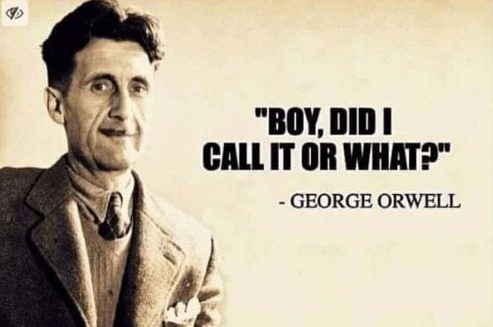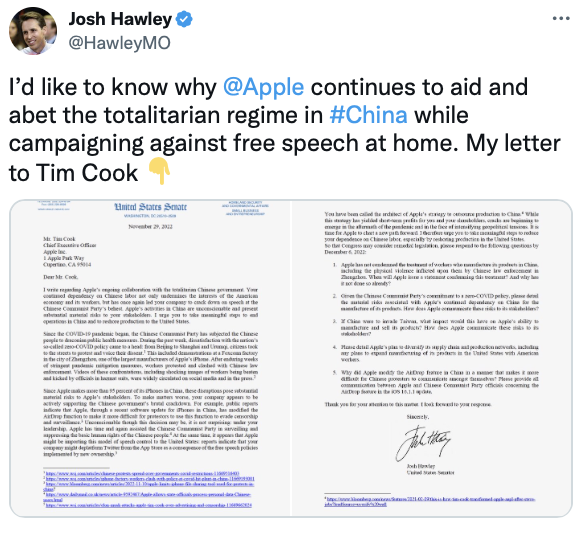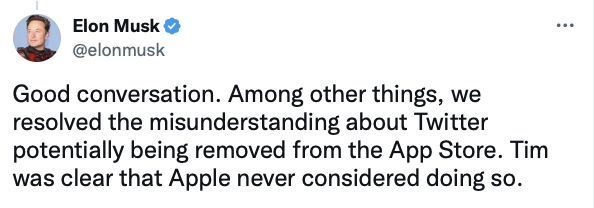January 21, 2020 will mark a decade since the Supreme Court’s ruling in Citizens United v. Federal Election Commission, a controversial decision that reversed century-old campaign finance restrictions and enabled corporations and other outside groups to spend unlimited funds on elections.
While wealthy donors, corporations, and special interest groups have long had an outsized influence in elections, that sway has dramatically expanded since the Citizens United decision, with negative repercussions for American democracy and the fight against political corruption.
What was Citizens United about?
A conservative nonprofit group called Citizens United challenged campaign finance rules after the FEC stopped it from promoting and airing a film criticizing presidential candidate Hillary Clinton too close to the presidential primaries.
A 5–4 majority of the Supreme Court sided with Citizens United, ruling that corporations and other outside groups can spend unlimited money on elections.
What was the rationale for the ruling?
In the court’s opinion, Justice Anthony Kennedy wrote that limiting “independent political spending” from corporations and other groups violates the First Amendment right to free speech. The justices who voted with the majority assumed that independent spending cannot be corrupt and that the spending would be transparent, but both assumptions have proven to be incorrect.
With its decision, the Supreme Court overturned election spending restrictions that date back more than 100 years. Previously, the court had upheld certain spending restrictions, arguing that the government had a role in preventing corruption. But in Citizens United, a bare majority of the justices held that “independent political spending” did not present a substantive threat of corruption, provided it was not coordinated with a candidate’s campaign.
As a result, corporations can now spend unlimited funds on campaign advertising if they are not formally “coordinating” with a candidate or political party.
How has Citizens United changed elections in the United States?
The ruling has ushered in massive increases in political spending from outside groups, dramatically expanding the already outsized political influence of wealthy donors, corporations, and special interest groups.
In the immediate aftermath of the Citizens United decision, analysts focused much of their attention on how the Supreme Court designated corporate spending on elections as free speech. But perhaps the most significant outcomes of Citizens United have been the creation of super PACs, which empower the wealthiest donors, and the expansion of dark money through shadowy nonprofits that don’t disclose their donors.
A Brennan Center report by Daniel I. Weiner pointed out that a very small group of Americans now wield “more power than at any time since Watergate, while many of the rest seem to be disengaging from politics.“
“This is perhaps the most troubling result of Citizens United: in a time of historic wealth inequality,” wrote Weiner, “the decision has helped reinforce the growing sense that our democracy primarily serves the interests of the wealthy few, and that democratic participation for the vast majority of citizens is of relatively little value.”
An election system that is skewed heavily toward wealthy donors also sustains racial bias and reinforces the racial wealth gap. Citizens United also unleashed political spending from special interest groups.
What are PACs and super PACs?
Political action committees, or “PACs,” are organizations that raise and spend money for campaigns that support or oppose political candidates, legislation, or ballot initiatives. Traditional PACs are permitted to donate directly to a candidate’s official campaign, but they are also subject to contribution limits, both in terms of what they can receive from individuals and what they can give to candidates. For example, PACs are only permitted to contribute up to $5,000 per year to a candidate per election.
In the 2010 case Speechnow.org v. FEC, however, a federal appeals court ruled — applying logic from Citizens United — that outside groups could accept unlimited contributions from both individual donors and corporations as long as they don’t give directly to candidates. Labeled “super PACs,” these outside groups were still permitted to spend money on independently produced ads and on other communications that promote or attack specific candidates.
In other words, super PACs are not bound by spending limits on what they can collect or spend. Additionally, super PACs are required to disclose their donors, but those donors can include dark money groups, which make the original source of the donations unclear. And while super PACs are technically prohibited from coordinating directly with candidates, weak coordination rules have often proven ineffective.
Super PAC money started influencing elections almost immediately after Citizens United. From 2010 to 2018, super PACs spent approximately $2.9 billion on federal elections. Notably, the bulk of that money comes from just a few wealthy individual donors. In the 2018 election cycle, for example, the top 100 donors to super PACs contributed nearly 78 percent of all super PAC spending.
What is dark money?
Dark money is election-related spending where the source is secret. Citizens United contributed to a major jump in this type of spending, which often comes from nonprofits that are not required to disclose their donors.
In its decision, the Supreme Court reasoned that unlimited spending by wealthy donors and corporations would not distort the political process, because the public would be able to see who was paying for ads and “give proper weight to different speakers and messages.” But in reality, the voters often cannot know who is actually behind campaign spending.
That’s because leading up to Citizens United, transparency in U.S. elections had started to erode, thanks to a disclosure loophole opened by the Supreme Court’s 2007 ruling in FEC v. Wisconsin Right to Life, along with inaction by the IRS and controversial rulemaking by the FEC.
Citizens United allowed big political spenders to exploit the growing lack of transparency in political spending. This has contributed to a surge in secret spending from outside groups in federal elections. Dark money expenditures increased from less than $5 million in 2006 to more than $300 million in the 2012 election cycle and more than $174 million in the 2014 midterms. In the top 10 most competitive 2014 Senate races, more than 71 percent of the outside spending on the winning candidates was dark money. These numbers actually underestimate the impact of dark money on recent elections, because they do not include super PAC spending that may have originated with dark money sources, or spending that happens outside the “electioneering communications window” 30 days before a primary or 60 days before a general election.
Finally, because they can hide the identities of their donors, dark money groups also provide a way for foreign countries to hide their activity from U.S. voters and law enforcement agencies. This increases the vulnerability of U.S. elections to international interference.
How can reformers address the consequences of Citizens United?
In the short term, a Supreme Court reversal or constitutional amendment to undo Citizens United is extremely unlikely, and regardless, it would leave many of the problems of big money in politics unsolved. But even without a full reversal of Citizens United in the near future, there are policy solutions to help combat the dominance of big money in politics and the lack of transparency in the U.S. campaign finance system.
First, publicly funded elections would help counter the influence of the extremely wealthy by empowering small donors. Specifically, a system that matches small-dollar donations with public funds would expand the role of small donors and help candidates rely less on big checks and special interests. In recent years, public financing has gained support across the United States. As of 2018, 24 municipalities and 14 states have enacted some form of public financing, and at least 124 winning congressional candidates voiced support for public financing during the 2018 midterm election cycle.
Lawmakers on the national, state, and local level can also push to increase transparency in election spending. For example, the DISCLOSE Act, which has been introduced several times in Congress, would strengthen disclosure and disclaimer requirements, enabling voters to know who is trying to influence their votes. Congress could also pass stricter rules to prevent super PACs and other outside groups from coordinating directly with campaigns and political parties.
Fixing the U.S. elections system will also require fixing the FEC.
Long dysfunctional thanks to partisan gridlock, the FEC is out of touch with today’s election landscape and has failed to update campaign finance safeguards to reflect current challenges. For example, FEC rules do not even include the term “super PAC,” and it has declined to find violations or even open an investigation in high-profile allegations of coordination. The agency’s failure to enforce federal disclosure laws helped allow dark money to pour into U.S. federal elections since 2010.
In an April 2019 report, the Brennan Center outlined a number of structural reforms that Congress can pursue to help tackle dysfunction in the FEC.
Finally, addressing the impacts of Citizens United requires building a movement in favor of campaign finance reform. There’s public support for such reforms. In recent polls, 94 percent of Americans blamed wealthy political donors for political dysfunction, and 77 percent of registered voters said that “reducing the influence of special interests and corruption in Washington” was either the “single most” or a “very important” factor in deciding their vote for Congress.
Citizens United was a blow to democracy — but it doesn’t have to be the final word. Politicians can listen to what the vast majority of the public wants, even if big donors don’t like it.






 )
)
 " Moments:
" Moments: